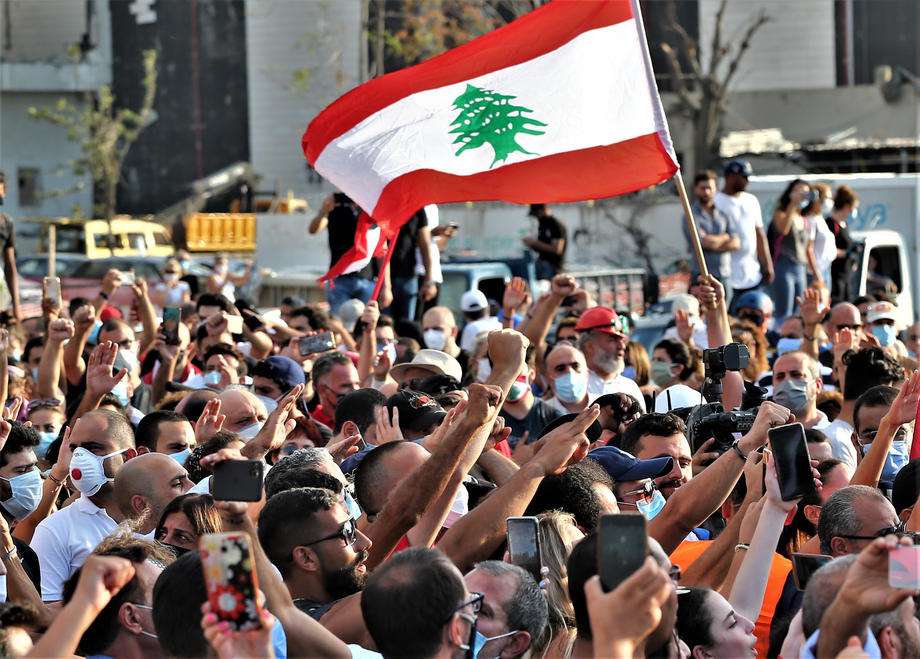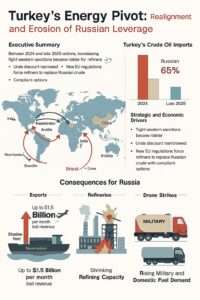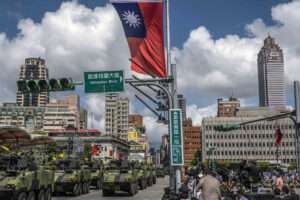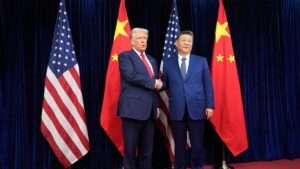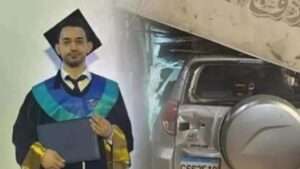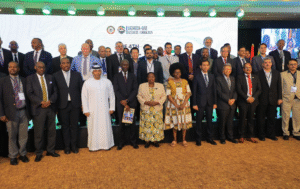By Dr. Abdelaziz Tarekji
Lebanon’s press freedom is no longer measured by occasional summonses—it is ensnared in a deliberate system where politics, law, and judiciary converge to suppress dissent. Since 2024, journalists and media outlets face escalating attacks: battlefield strikes in southern Lebanon, physical assaults during coverage, and judicial campaigns that twist legal provisions to silence criticism rather than protect it. This is not a series of errors but a coordinated effort to choke the free press, undermining Article 19 of the International Covenant on Civil and Political Rights, which guarantees freedom of expression and access to information.
In 2024, Lebanon became part of a global crisis labeled by the Committee to Protect Journalists (CPJ) and Reporters Without Borders (RSF) as the deadliest year for journalists. The Israeli strike on October 25, 2024, killed journalists covering southern conflict zones, violating Article 79 of Additional Protocol I to the 1977 Geneva Conventions, which protects journalists as civilians. In 2025, domestic assaults on media crews, including attacks and bans on live broadcasts in the south, confirmed a hostile environment, documented by local and international groups.
Judicially, 2025 saw a surge in prosecutions against independent media, particularly those probing financial scandals, under charges of defamation or cybercrimes. Political supporters fuel this hostility with smear campaigns, incitement, and physical attacks on journalists for exposing corruption, often without accountability, fostering impunity.
Lebanon’s legal system, meant to safeguard free speech, is now a tool of repression. Articles 383–387 of the Penal Code, criminalizing defamation and insult, are used to punish journalists exposing corruption, contradicting Article 13 of the Lebanese Constitution, which protects freedom of expression and the press. Law No. 81/2018 on Electronic Transactions, originally for digital regulation, is misused to prosecute online journalists, bypassing the Court of Publications—established under Law No. 382/1994 for media cases—and redirecting cases to the Cybercrimes Bureau, where interrogations resemble security probes.
Article 329 of the Penal Code, meant to protect against violence or threats to legitimate rights, is rarely applied to politically motivated attacks on journalists. The judiciary, instead of shielding the press, enables its suppression, turning laws into tools of censorship.
Lebanon’s state is obligated under Article 79 of the 1977 Geneva Conventions and Article 19 of the International Covenant to protect journalists, yet it often shields aggressors. Lawsuits by banks and influential figures target media investigating corruption, prioritizing reputations over public truth. The judiciary exacerbates this by diverting publication cases to security agencies, undermining the Court of Publications and bending justice to serve power.
To restore press freedom,
Lebanon must reform its legal and political systems:
1. Decriminalize Speech: Replace custodial penalties for defamation (Articles 383–387) with civil remedies that balance accountability and free expression.
2. Uphold Jurisdiction: Confine media cases to the Court of Publications, ending referrals to public prosecutions or Cybercrimes Bureau.
3. Fix Cybercrime Laws: Amend Law No. 81/2018 to prevent its misuse against digital journalism.
4. Protect Fieldwork: Enact a national protocol to safeguard journalists in conflict zones, ensuring security forces protect, not obstruct, them.
5. Ensure Justice: Conduct independent investigations into attacks on journalists, including the 2024 strikes and 2025 assaults, to end impunity.
Attacks on the press are attacks on society’s right to know. The press is not just a profession but a public mirror, exposing corruption and amplifying the voiceless, as affirmed by Article 19 of the Universal Declaration of Human Rights. In Lebanon, every silenced journalist dims transparency; every muzzled newsroom buries accountability. Defending the press is a national fight for truth and democracy.
Lebanon, once a beacon of Arab journalism, risks becoming its graveyard. Political factions must stop inciting against journalists, and the state must cease weaponizing laws. A Law for the Protection of Journalists is urgently needed to ensure their safety. Without reform, Lebanon’s legacy of free speech will fade. The choice is stark: lift the siege on the press or lose the nation’s last mirror of truth.

